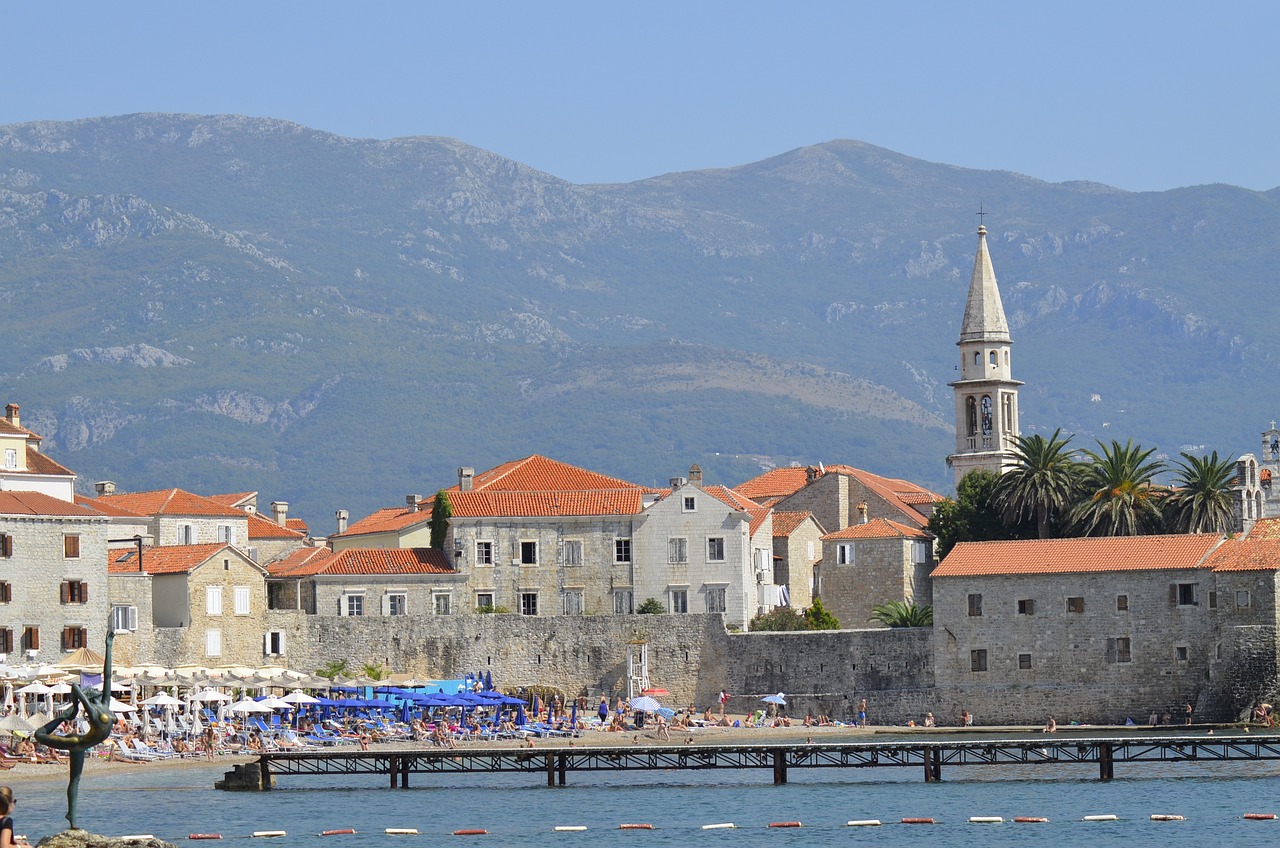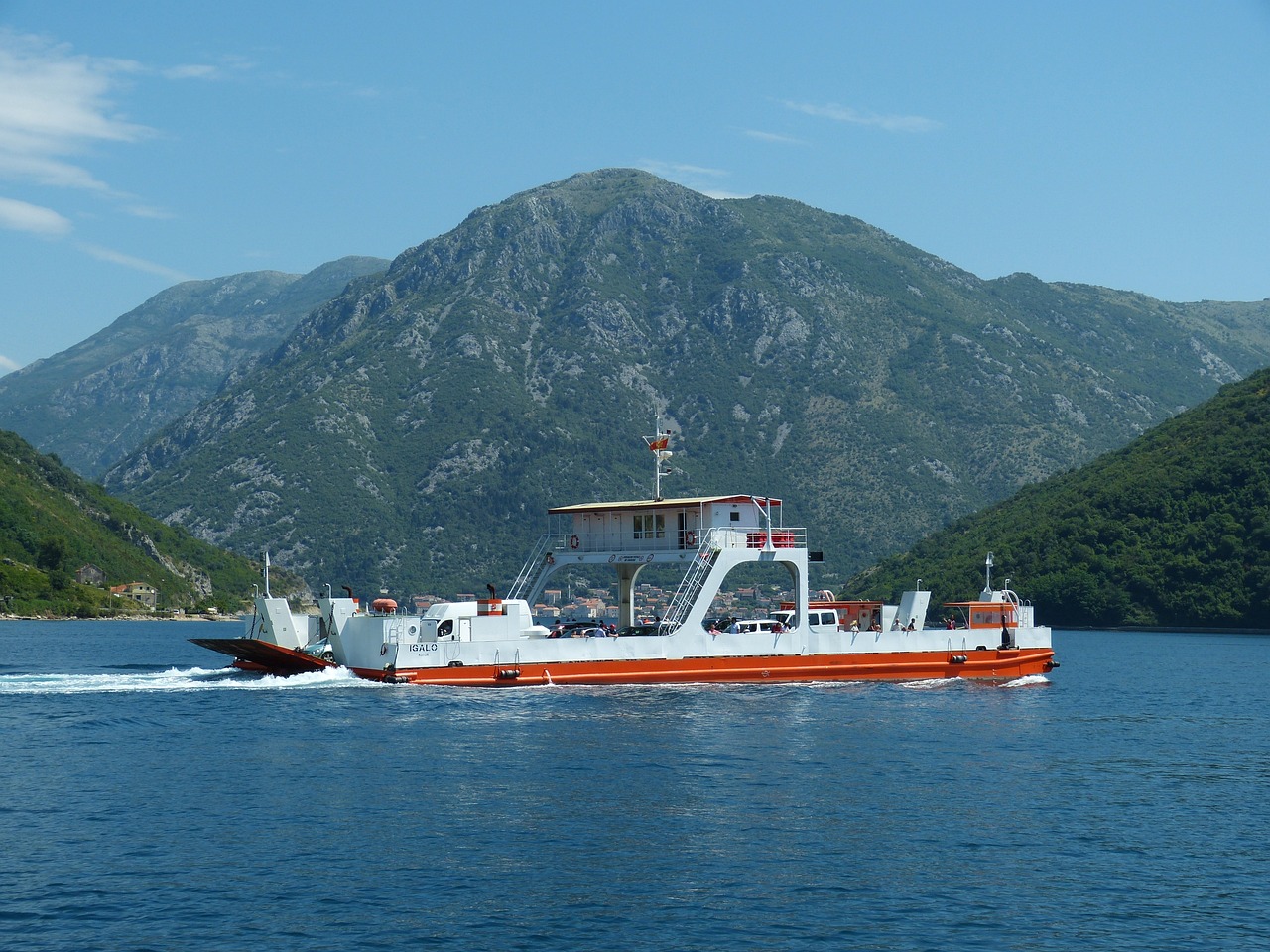Language and Communication: Overcoming Barriers in Montenegro
Language plays a vital role in communication, allowing individuals to express their thoughts, ideas, and emotions. However, in a diverse country like Montenegro, with multiple ethnic groups and languages, language barriers can hinder effective communication. This article explores the challenges faced in language and communication in Montenegro and the strategies employed to overcome these barriers.
Language Diversity in Montenegro
Montenegro is a country located in Southeastern Europe, known for its stunning natural beauty and rich cultural heritage. It is home to various ethnic groups, including Montenegrins, Serbs, Bosniaks, Albanians, and Croats. Each ethnic group has its own language, contributing to the linguistic diversity of the country.
- Montenegrin: Montenegrin is the official language of Montenegro, spoken by the majority of the population. It is a South Slavic language, closely related to Serbian, Croatian, and Bosnian.
- Serbian: Serbian is widely spoken in Montenegro, especially in areas with a significant Serbian population. It uses the Cyrillic script.
- Albanian: Albanian is spoken by the Albanian minority in Montenegro, primarily in the northern and eastern regions of the country.
- Bosnian: Bosnian is spoken by the Bosniak population, primarily in the Sandžak region.
- Croatian: Croatian is spoken by the Croatian minority in Montenegro.
Language Barriers
The linguistic diversity in Montenegro can create language barriers, making communication challenging, particularly in situations where speakers of different languages interact. These barriers can affect various aspects of daily life, including education, healthcare, business, and social interactions.
- Educational Challenges: Language barriers in the education system can hinder effective learning and communication between students and teachers. Students from different ethnic groups may face difficulties in understanding lectures and participating in classroom discussions.
- Healthcare Access: Language barriers can pose significant challenges in accessing healthcare services. Patients who do not speak the language of medical professionals may struggle to communicate their symptoms and understand medical instructions.
- Business and Trade: Language barriers can impede business and trade interactions, limiting opportunities for collaboration and economic growth. Effective communication is crucial for successful negotiations and building trust between business partners.
- Social Integration: Language barriers can hinder social integration and cohesion among different ethnic groups. Limited communication can lead to misunderstandings, stereotypes, and isolation.
Strategies for Overcoming Language Barriers
Despite the challenges, Montenegro has implemented various strategies to overcome language barriers and promote effective communication among its diverse population.
- Bilingual Education: Montenegro has introduced bilingual education programs in areas with significant minority populations. These programs aim to provide education in both the official language and the language of the respective minority group, facilitating better understanding and communication.
- Interpretation and Translation Services: Healthcare facilities, government offices, and other public institutions in Montenegro provide interpretation and translation services to bridge the language gap. Trained interpreters and translators assist individuals in communicating their needs and understanding important information.
- Promoting Multilingualism: Montenegro promotes multilingualism by encouraging individuals to learn and appreciate different languages. Language courses, cultural events, and language exchange programs help foster understanding and improve communication among different ethnic groups.
- Community Language Centers: Community language centers have been established to provide language courses and resources for individuals who want to learn a new language or improve their existing language skills. These centers play a vital role in promoting language diversity and bridging communication gaps.
Montenegro Image 1:

Language Preservation and Revitalization
In addition to overcoming language barriers, Montenegro recognizes the importance of language preservation and revitalization. Efforts are being made to safeguard endangered languages and promote their usage within respective communities.
- Language Documentation: Linguists and researchers are actively involved in documenting endangered languages in Montenegro. This documentation helps preserve linguistic heritage and provides valuable resources for language revitalization initiatives.
- Language Revitalization Programs: Montenegro supports language revitalization programs that aim to revive and promote endangered languages. These programs involve language classes, cultural events, and the creation of language learning materials.
- Community Engagement: Local communities play a crucial role in language preservation and revitalization efforts. Community events, workshops, and initiatives encourage community members to actively participate in language-related activities.
Montenegro Image 2:

Conclusion
Language and communication barriers pose significant challenges in a diverse country like Montenegro. However, through various strategies, including bilingual education, interpretation services, and language preservation initiatives, Montenegro is actively working towards overcoming these barriers. By promoting effective communication and language diversity, Montenegro aims to foster understanding, inclusivity, and social cohesion among its diverse population.
Montenegro Image 3:

References
- montenegro.travel
- economist.com
- un.org
- worldbank.org

